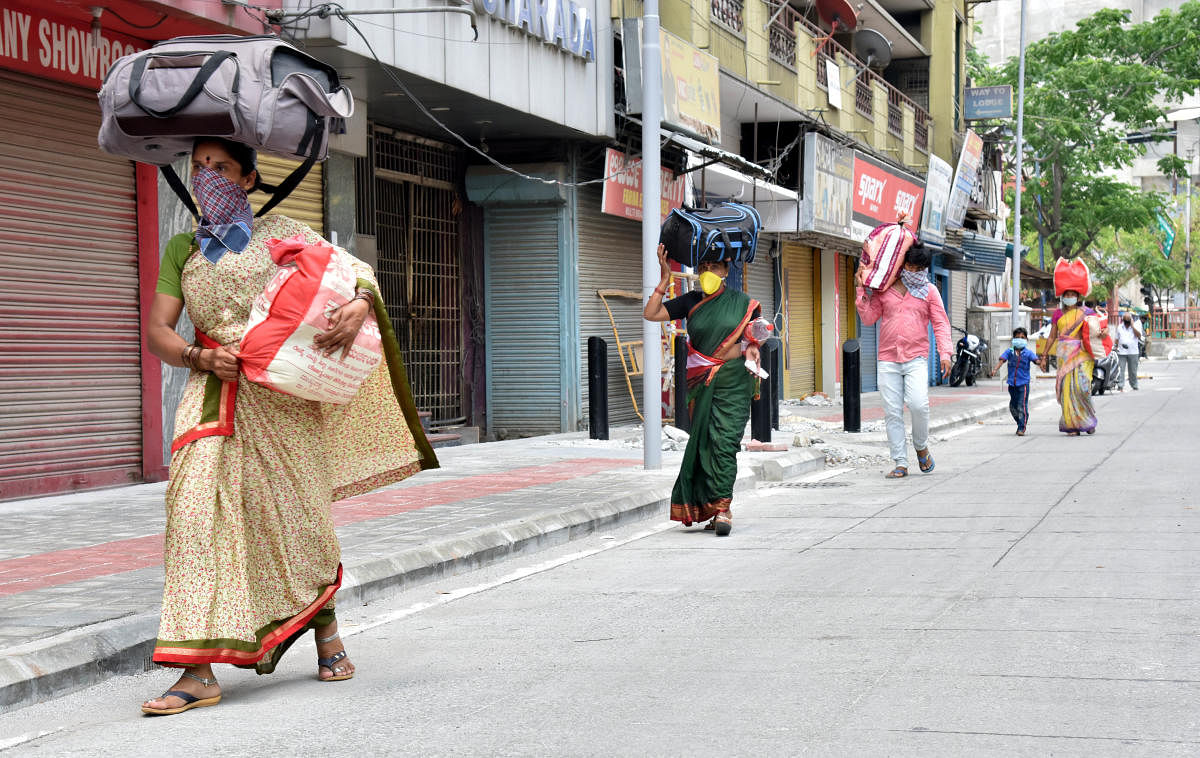
A rapid survey conducted by Indian Institute of Management, Ahmedabad (IIMA) has found that communities have not been able to access their entitlements during the lockdown and were unaware of what precautions to be taken to fight the global coronavirus pandemic. The findings have been drawn after surveying 65 civil society leaders working for the communities at the grassroot level, spread in various parts of the country battling the unprecedented crisis.
The survey led by Professor Ankur Sarin and a team of researchers states, "More than 40 per cent (leaders) found that most households in the communities are not being able to access their entitlements and more than 20 per cent found that communities were not aware of precautions required. It is even higher among smaller organisations." It has found that organisations have not been able to partner with the government "productively."
According to the findings, almost half the leaders did not find "relevant government functionaries they needed to work with on the ground, to be accessible", while more than two-thirds felt that those making policies were not very receptive to their inputs. Accessibility to government officials was even lower for those working in only rural areas and for smaller organisations.
A significant 40 percent of the organisations opined that the biggest challenge for them was to "coordinate with the government for the work." Only 10 percent responded that they were directly involved with the government. Interestingly, "almost half the leaders have had difficulty navigating through government directives relevant for their work," the survey has found which was undertaken from May 3 to May 10.
"Government notifications and directives have been confusing/difficult to understand: Almost half the leaders have had difficulty navigating through government directives relevant for their work," the survey has found. 60% of organisation leaders have also said that mobilising financial resources for relief efforts takes up all their time.
"Several leaders shared their anxieties about critical areas of interventions such as malnutrition, education, domestic violence, child abuse, and women’s rights issues being side-lined or at least deprioritised (by the government and donors). This, many felt, would undermine years of collective efforts and progress. Over a quarter reported that re-planning their activities, and coordination and communication with funders was taking up most of their time. The survey found that civil society leaders worry about donors deprioritising other on-going long-term efforts," the survey has found.